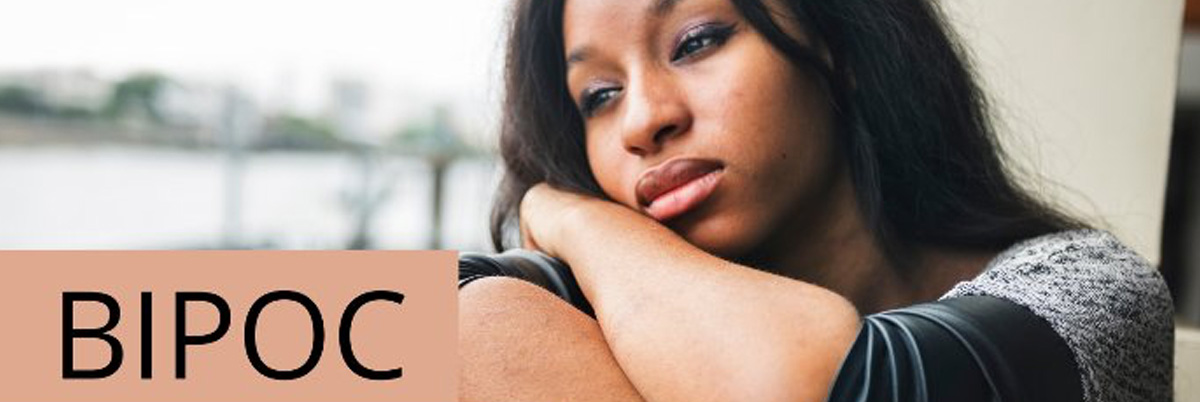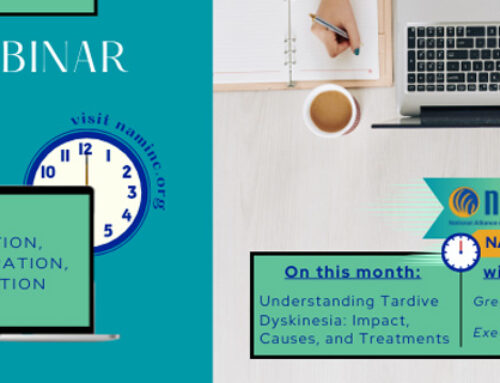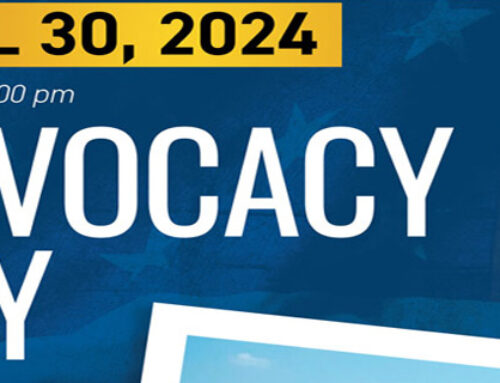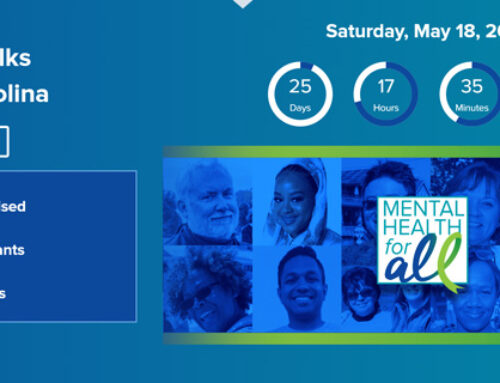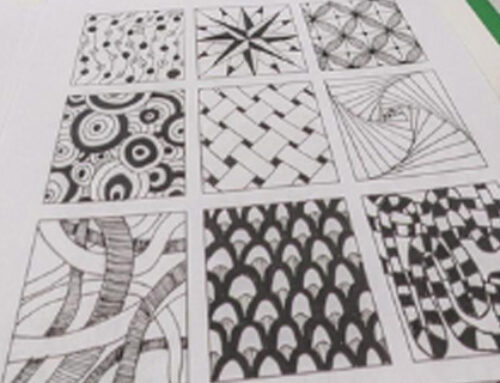Mental health challenges are rampant in our society. No group is exempt. But study after study has shown the unique mental health issues faced by BIPOC (Black, Indigenous, Persons of Color) individuals in our culture.
For example, while the percentage of Black Americans who have a mental illness is roughly the same as other groups, African Americans are far more likely to experience persistent feelings of sadness or a sense that everything is an effort. While suicide rates have decreased in the general population during the pandemic, they have increased markedly among African Americans, especially young Black men.
According to NAMI research, African Americans have to deal with culturally-specific mental health stigmas, inequities in treatment, and provider bias or cultural incompetence.
NAMI North Carolina has long advocated for equal access to excellent and affordable mental health care for all North Carolinians. NAMI NC further believes that mental health treatment is not one-size-fits-all, and we call for an increased commitment in our society to training providers who are Persons of Color and who are culturally competent.

